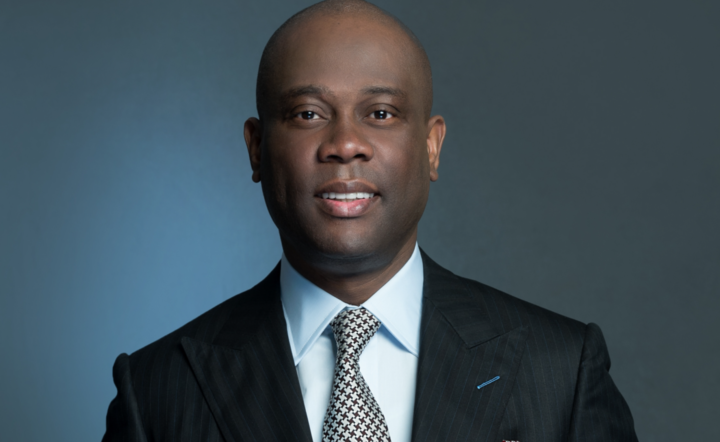Herbert Wigwe, the visionary Group Chief Executive Officer of Access Holding Plc, has embarked on a groundbreaking initiative by investing a substantial sum of $500 million to establish a revolutionary educational institution in Nigeria. This ambitious venture, named Wigwe University, aims to address the pressing skills gap in Africa’s most populous nation, particularly focusing on the fields of finance and technology.
Wigwe envisions Wigwe University as a cutting-edge, hybrid, and technology-driven institution that will offer a diverse range of courses. The curriculum is designed to empower students with the skills essential for success in management, science and engineering, information technology, and creative arts. Unlike traditional educational models, Wigwe emphasizes efficiency, stating, “The school will be hybrid. I don’t need 100 years or billions of dollars to achieve the same quality of education as we find in those schools. India is churning out a lot of developers through a single building.”
One of the pivotal objectives of Wigwe University is to combat the phenomenon known as “Japa Syndrome” in the academic sector. The term refers to the trend of Nigerian students seeking education abroad due to perceived shortcomings in the domestic educational system. Wigwe believes that, with the aid of burgeoning technology in Nigeria, the university can provide education of equivalent quality to that offered by advanced countries like the UK and the US. This, in turn, aims to reduce the prevalent practice of education “tourism” within the country.

Nigeria faces a significant skills crisis, as highlighted by the United Nations Children’s Fund, revealing that one in five of the world’s out-of-school children resides in the country. Additionally, only 11.8% of Nigeria’s working-age population is employed, and a staggering 96% of the nation’s revenue went toward servicing debt last year, leaving limited resources for education.
Wigwe firmly believes that addressing this crisis requires increased investment in the education sector. He emphasizes that the lack of funding has crippled the potential of the education system in Nigeria. Wealthy Nigerians often opt for overseas education for their children, contributing to substantial enrollment figures in foreign universities. In 2022, 44,195 Nigerian residents enrolled in UK universities, marking the highest figure in eight years, according to the UK’s Higher Education Statistics Agency. Nigerians rank third among international students in the UK, trailing only China and India, with growing interest in educational institutions in Canada and the US.
To alter this narrative, Wigwe advocates for robust investment and technology-driven innovation in the education system. He plans to recruit 30% of the teaching staff from the UK and the US, aiming to bring international expertise to Wigwe University.
In terms of finances, Wigwe reveals that the tuition fees at Wigwe University will be approximately $12,500 plus 3.5 million naira ($4,171) annually. This marks a significant departure from the current landscape, where public universities charge less than $300, even with the recent tuition fee hike by the federal government.
Beyond the financial aspect, Wigwe envisions Wigwe University as a place that goes beyond traditional academia. The institution aims to not only teach and mentor students but also actively engage some of the country’s most prominent entrepreneurs. This includes the involvement of billionaire Aliko Dangote, Africa’s richest man. According to Wigwe, creating the right education is crucial for nurturing the next generation of leaders in banking and beyond. He emphasizes, “When you look at the real contribution of education, it’s beyond that money. It changes people, it changes countries.”
Anticipating a significant impact, Wigwe projects that the university will enroll 1,400 students in its inaugural year, with this number expected to grow to 10,000 within the next five years. Wigwe University stands as a testament to Herbert Wigwe’s commitment to transforming education in Nigeria, fostering innovation, and nurturing the leaders of tomorrow.
Support InfoStride News' Credible Journalism: Only credible journalism can guarantee a fair, accountable and transparent society, including democracy and government. It involves a lot of efforts and money. We need your support. Click here to Donate
